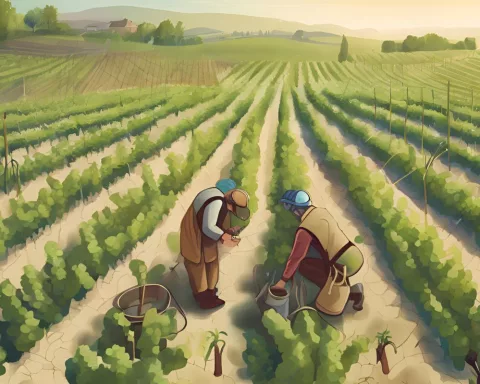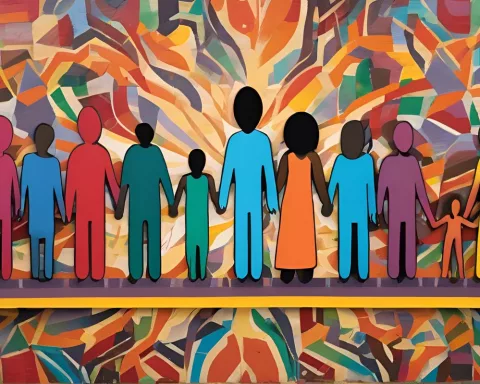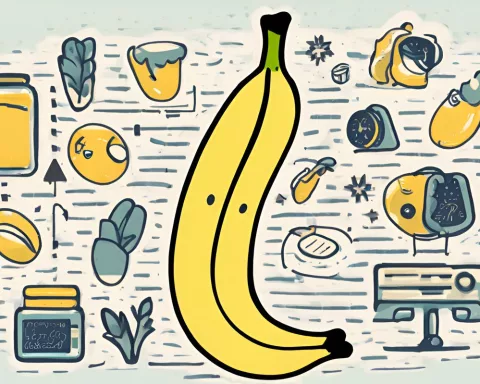Transport Minister Sindisiwe Chikunga has passionately appealed to all South African road users and drivers to be extremely cautious and vigilant on the roads. This plea was made in response to a devastating accident on the N1 highway in Botlokwa, Limpopo on September 23rd, which claimed eight lives.
The fatal accident involved a BMW and a Toyota Quantum, leading to one severe injury, seven moderate injuries, and four minor injuries. The injured individuals were given medical care at hospitals in Botlokwa, Makado, and Polokwane. Investigations into the cause of the accident are still underway, but initial findings indicate that the BMW driver veered into the oncoming traffic lane and collided head-on with the Toyota Quantum.
Accident reconstruction and investigation teams from the Road Traffic Management Corporation (RTMC) and the South African Police Service are working together to conduct thorough investigations and submit a comprehensive report.
Minister Chikunga’s Condolences and Road Safety Reminders
Minister Chikunga expressed her heartfelt condolences and support to the loved ones of those who passed away in the accident. She also wished a speedy recovery to the injured individuals, emphasizing the importance of road safety for all.
“Road safety is the responsibility of every individual road user. Obey the call and follow all the rules of the road without exception in order for us to save lives,” Minister Chikunga stated. She also encouraged everyone to share public spaces responsibly while being respectful and considerate of other users.
As a long weekend approached, the Department of Transport in South Africa anticipated increased traffic volumes as people traveled to different destinations. To address these concerns, the Department issued a reminder containing essential road safety tips for all users:
- Make sure that your vehicle is roadworthy.
- Stick to the speed limit.
- Do not drive under the influence of alcohol.
- Refrain from using cell phones while driving.
- Always wear seat belts.
- Take frequent breaks during long journeys.
- Pedestrians should cross streets only at marked intersections.
- Pedestrians should wear bright clothing when walking in poorly lit areas.
The Importance of Individual Responsibility in Road Safety
The Department of Transport emphasized the role each person can play in putting an end to the carnage on South African roads. Monageng Mokgojwa, a spokesperson for the Ministry, underscored the importance of remaining vigilant and enforcing road safety rules to prevent further disasters.
South Africa has a national duty to protect its citizens and visitors by encouraging safe road practices. The government has sought to establish a culture of safety and responsibility on the roads through the Department of Transport’s policies. However, the responsibility of ensuring safety falls on each individual.
In recent years, South Africa has seen a significant rise in traffic accidents, leading to not only property damage but also the loss of lives. The government’s efforts, such as implementing stricter traffic regulations and launching road safety campaigns, have been aimed at addressing this issue.
It is crucial for both drivers and pedestrians to understand the importance of caution and vigilance. By adhering to the Department of Transport’s guidelines and obeying all traffic rules without exception, we can help make South African roads safer for everyone.
The tragic accident in Limpopo serves as a stark reminder of the consequences of neglecting and disregarding road safety measures. It is vital for the public to recognize that road safety is not solely the government’s responsibility but requires the cooperation and participation of all road users. By practicing caution, vigilance, and responsibility, we can prevent further tragedies and ensure safer journeys for everyone.








